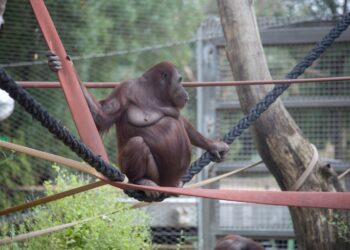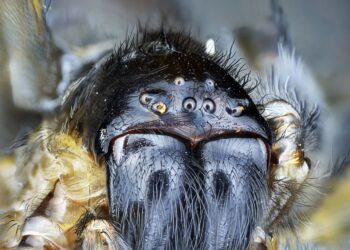Which amphibian is most active at night?
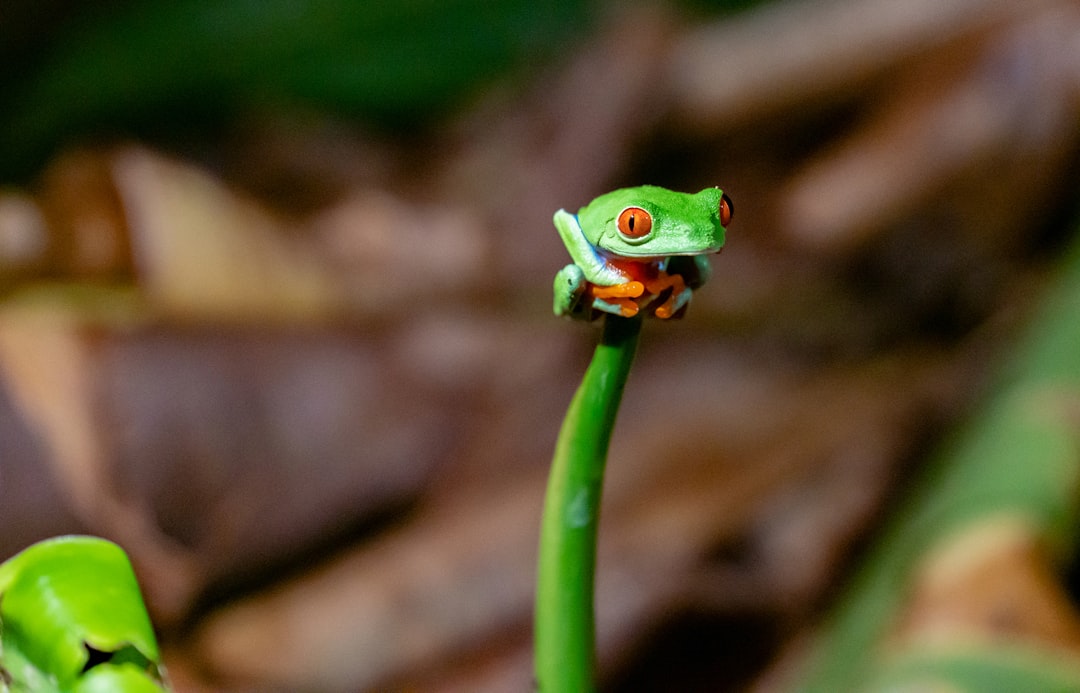
Frog
Toad
Newt
Salamander
Which nocturnal creature uses bioluminescence for mating?
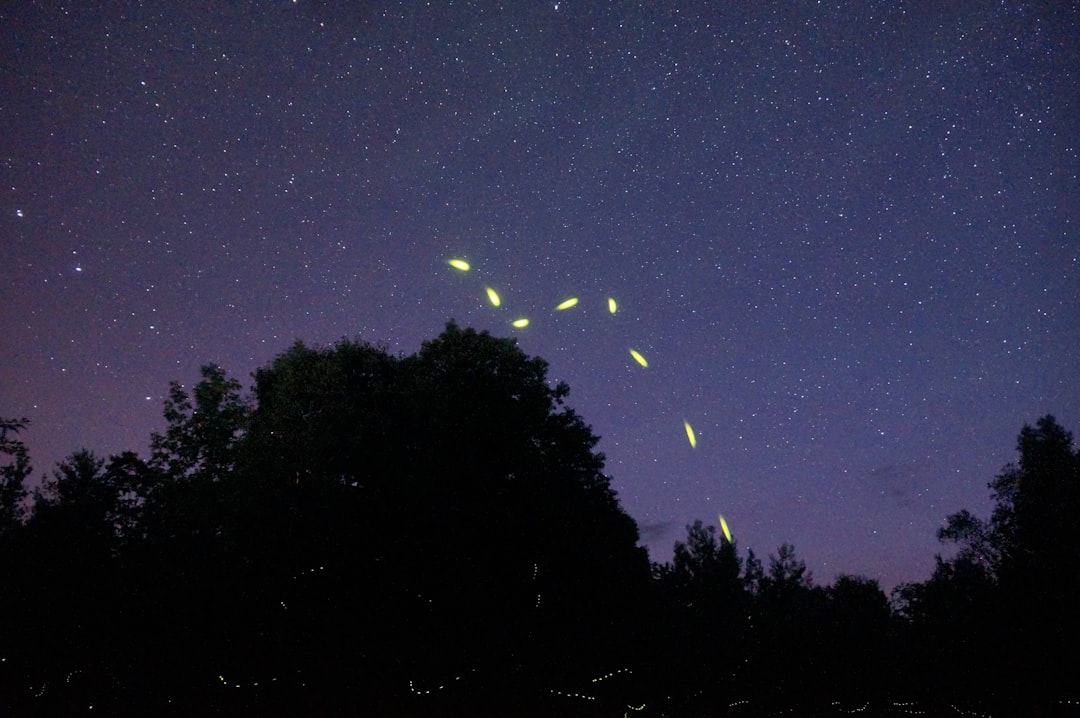
Firefly
Butterfly
Beetle
Grasshopper
Which bird uses keen hearing to hunt at night?
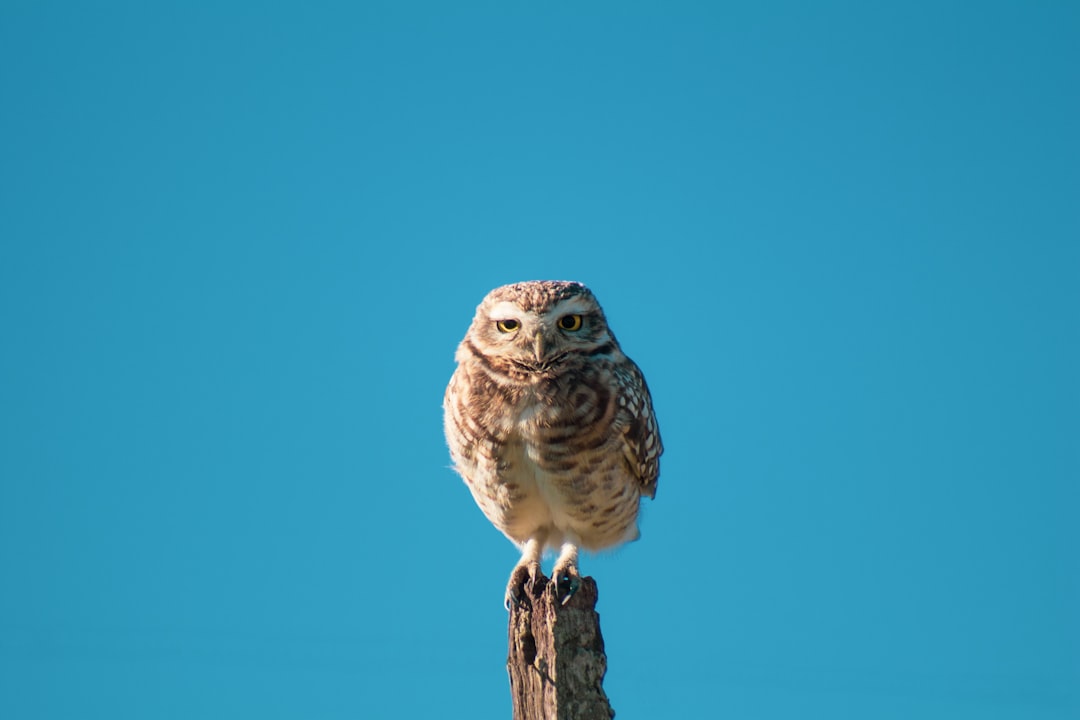
Barn owl
Eagle owl
Snowy owl
Tawny owl
Which small mammal is known for its nocturnal scavenging?
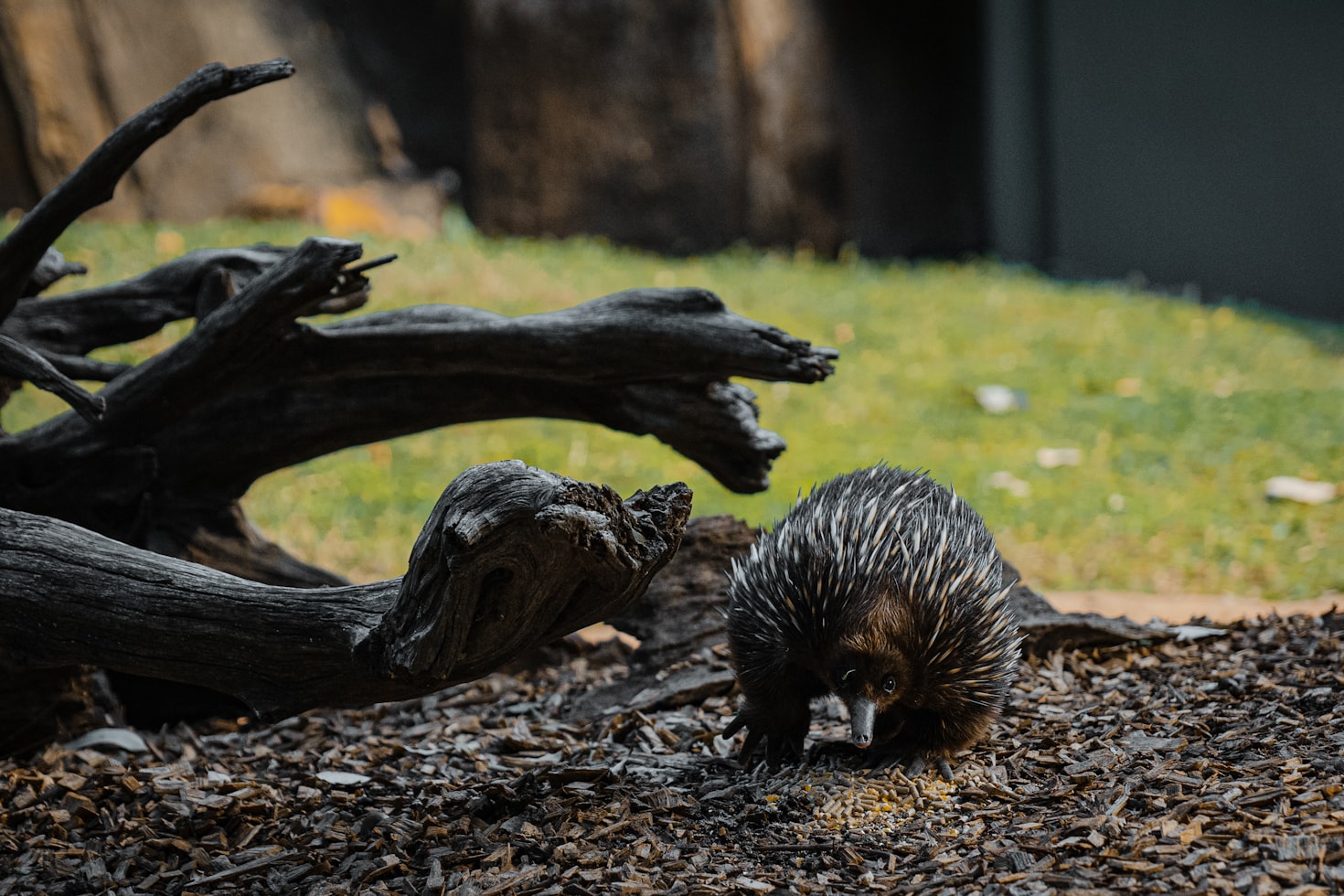
Mouse
Hedgehog
Squirrel
Rabbit
Which large feline is known for its nocturnal roars?
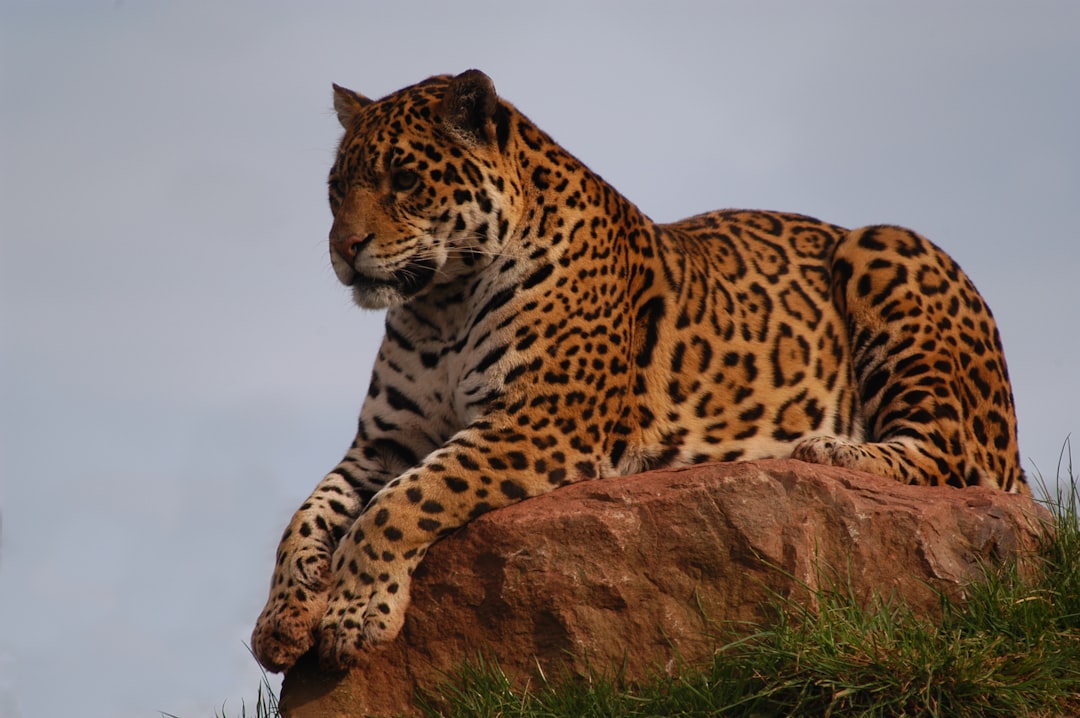
Leopard
Lion
Tiger
Cheetah
Which marsupial is known for its night-time activity?
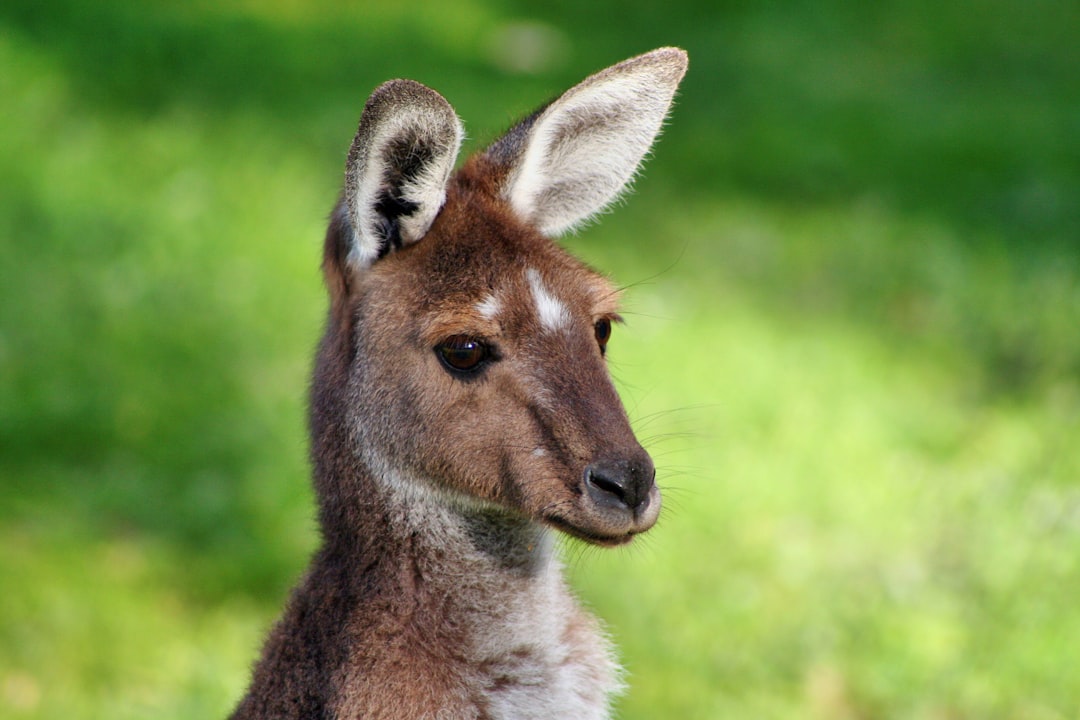
Kangaroo
Koala
Opossum
Wallaby
Which mammal is famous for its moonlit hunts?

Lion
Wolf
Rabbit
Deer
Which nocturnal primate has large, reflective eyes?
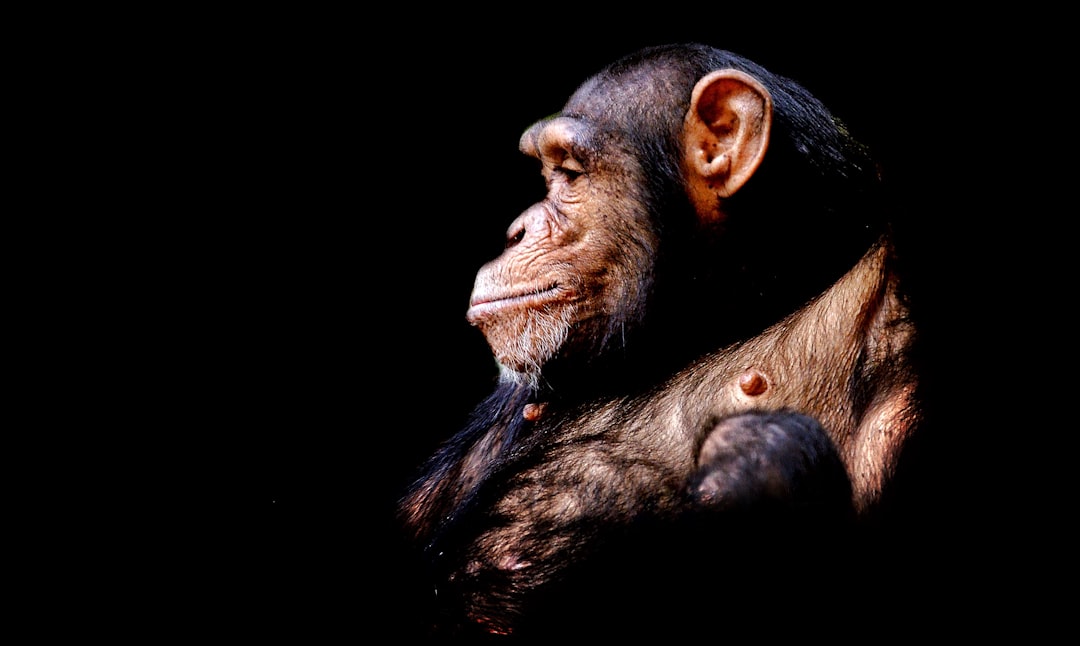
Chimpanzee
Lemur
Gorilla
Tarsier
Which nocturnal mammal can glide between trees?
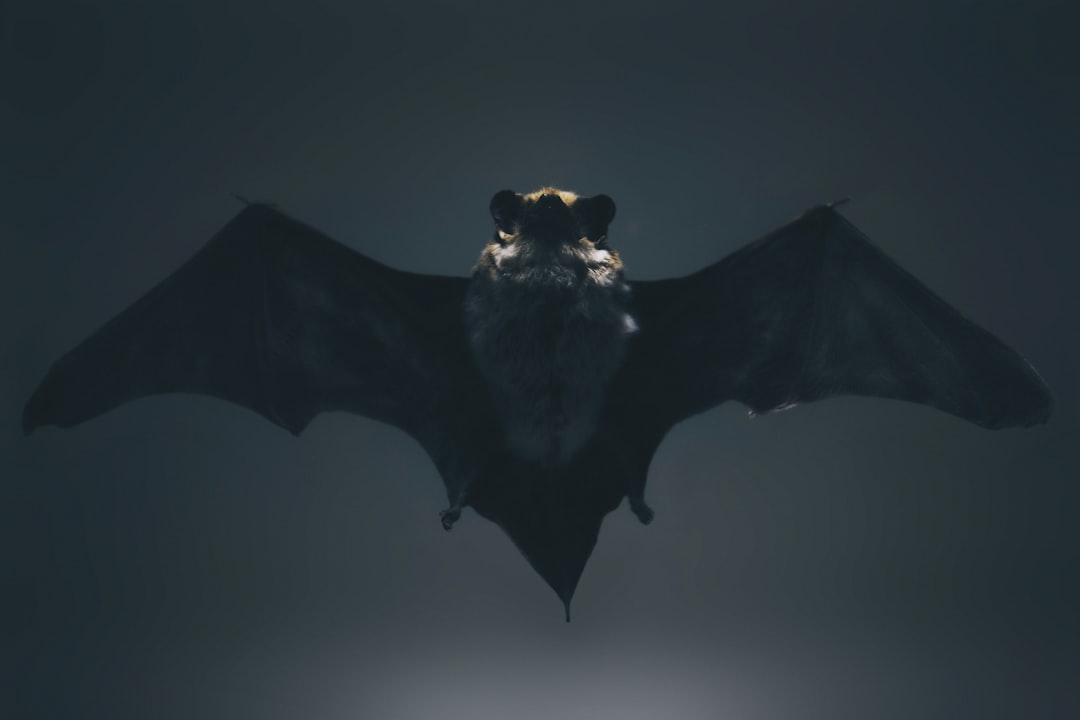
Flying squirrel
Sugar glider
Bat
Colugo
Which fish is active during the night?
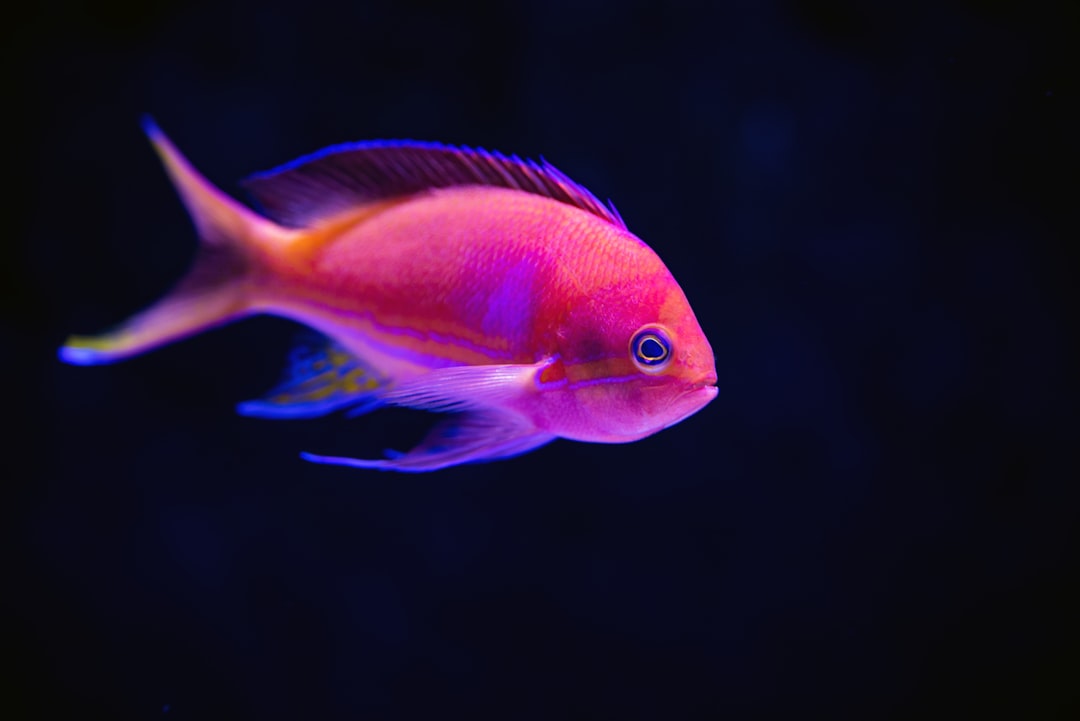
Goldfish
Guppy
Catfish
Betta
Which nocturnal bird is known for its distinctive hoot?

Eagle
Owl
Sparrow
Penguin
Which small carnivorous mammal is nocturnal?
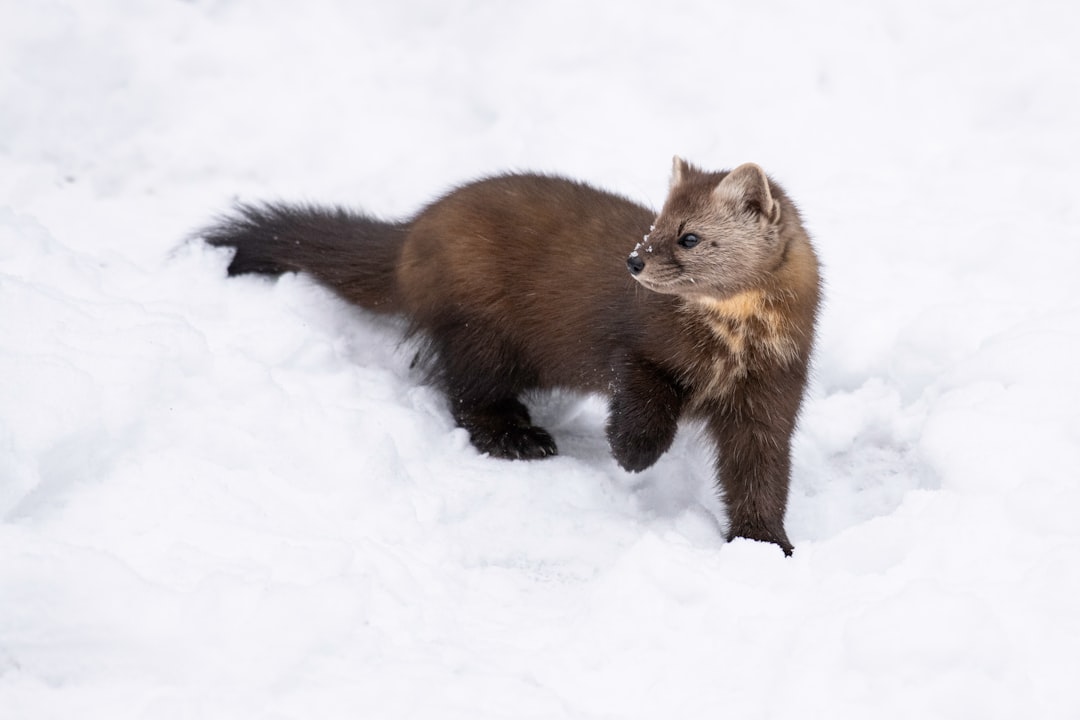
Fox
Mongoose
Weasel
Ferret
Which nocturnal insect is known for its chirping?
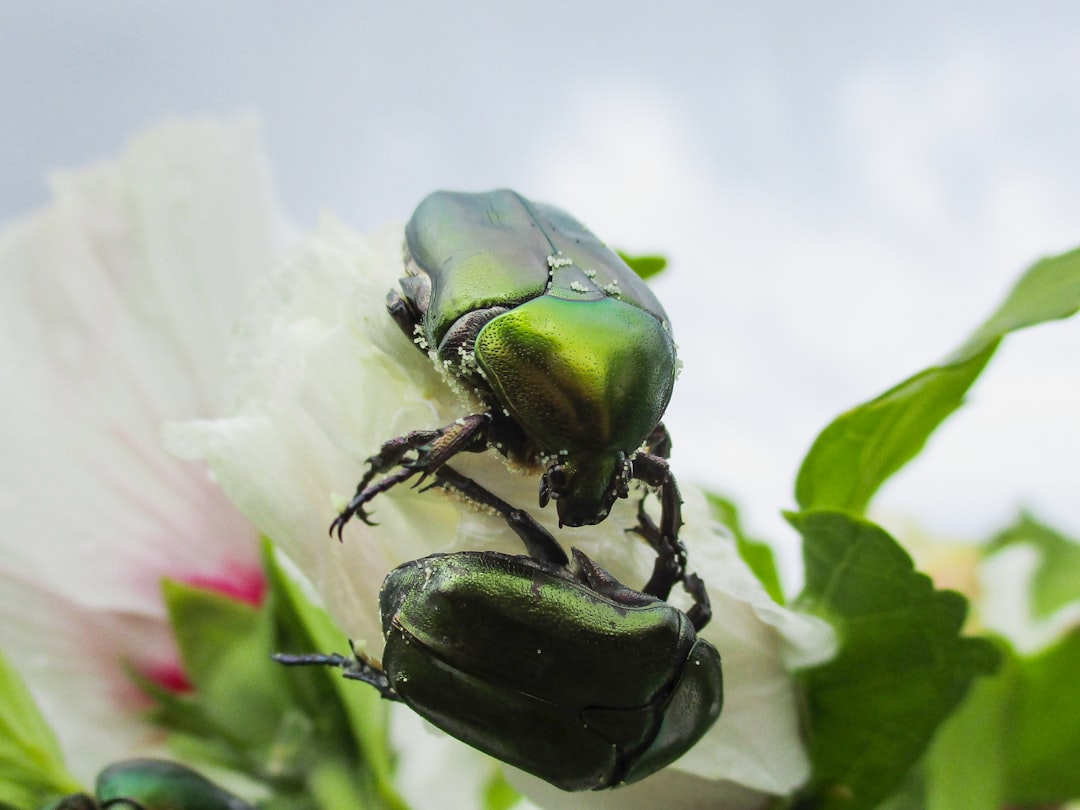
Grasshopper
Beetle
Cricket
Moth
Which insect is attracted to light at night?

Ant
Bee
Moth
Fly
Which nocturnal mammal has a mask-like face?

Squirrel
Raccoon
Rabbit
Beaver
Which nocturnal reptile uses thermal vision to hunt?

Chameleon
Gecko
Cobra
Boa
Which sense is highly developed in bats?

Sight
Smell
Hearing
Taste
Which nocturnal bird can rotate its head 270 degrees?
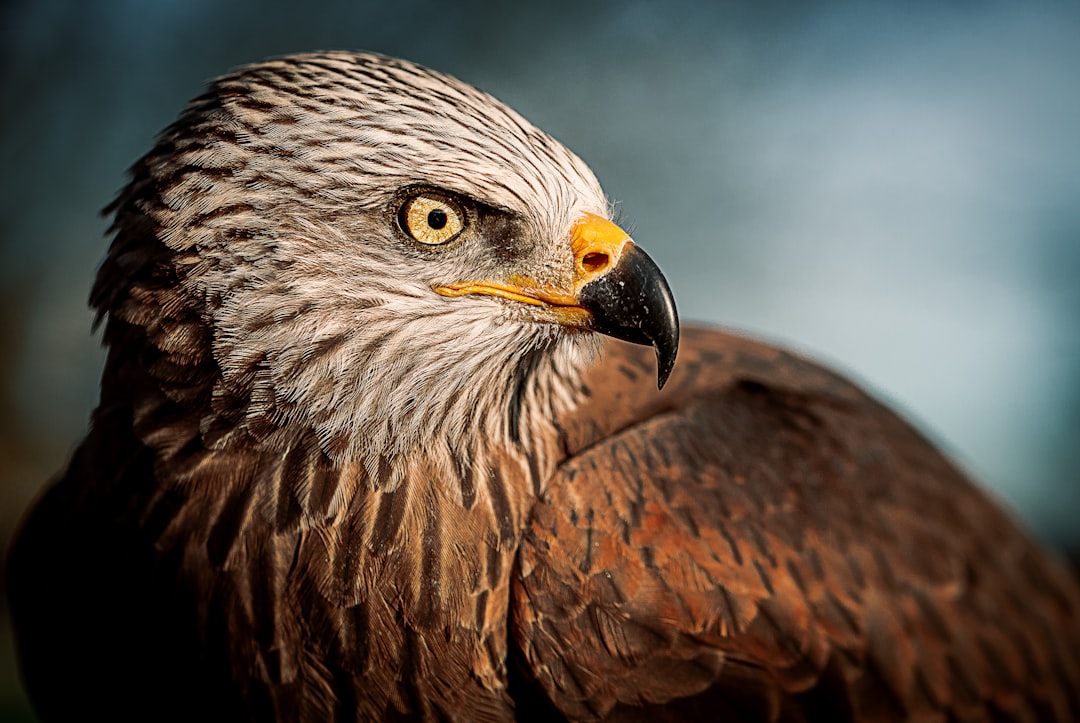
Hawk
Falcon
Owl
Parrot
Which nocturnal bird migrates long distances?
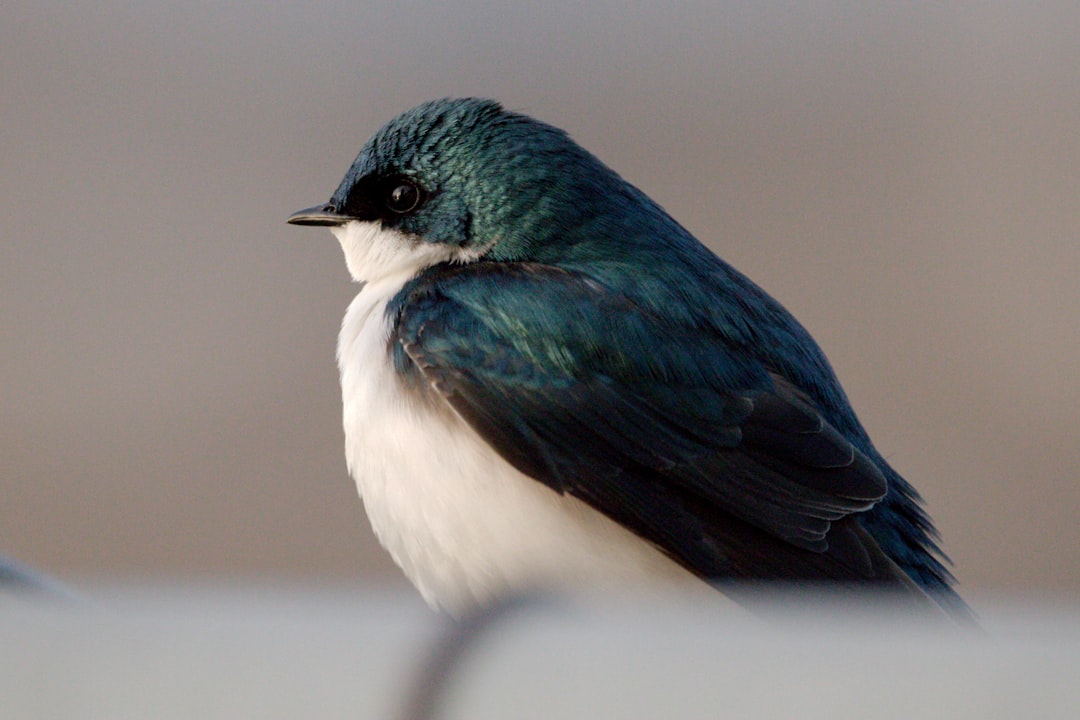
Nightjar
Swallow
Swift
Albatross
Which nocturnal animal has a strong odor defense?
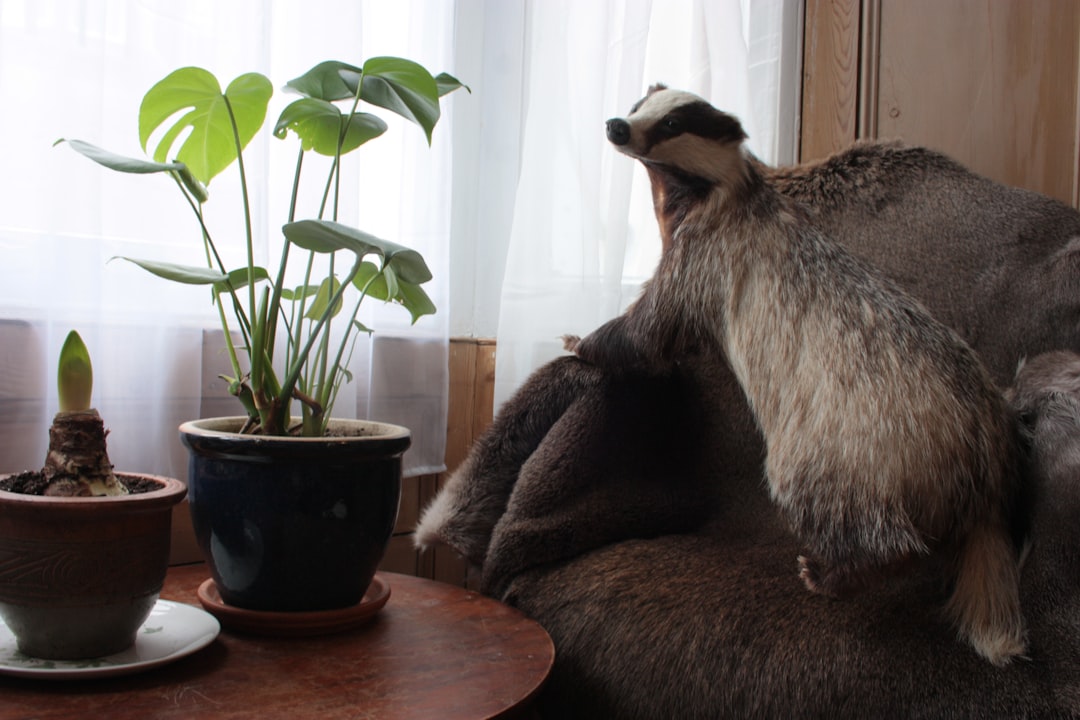
Skunk
Badger
Otter
Mink

Nighttime Novice
Your knowledge of nocturnal creatures is still waking up!

Twilight Tracker
You have a good grasp of the night’s creatures, keep it up!

Nocturnal Navigator
You’re a master of the night, expertly navigating the world of nocturnal creatures!


